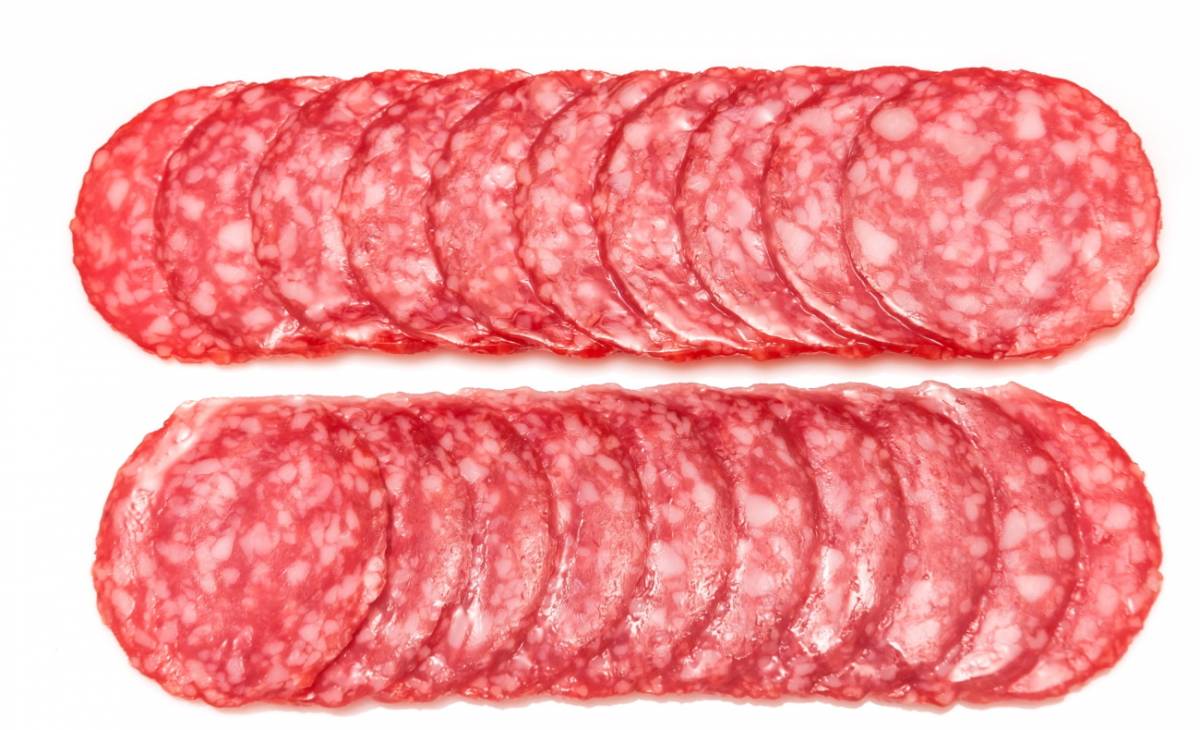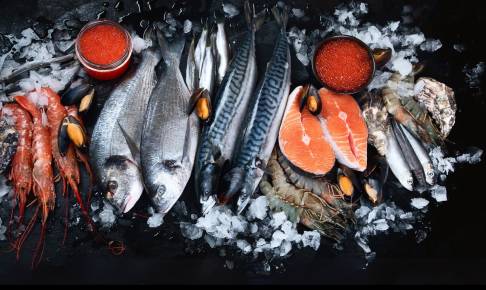France is witnessing a face-off on nitrites added to our diet
Yuka, Foodwatch and the League Against Cancer teamed up a year ago launching a petition to call for bans on nitrite and nitrate-based additives (E249, E 250, E251, E252), which are particularly used in processed meats but are controversial for their health effects.
Nitrite and nitrate additives in our diet pose a well-identified health hazard as they can contribute to the formation of carcinogenic compounds, known as nitrosamines, which are classified as probable human carcinogens (Category 2A) by the International Agency for Research on Cancer (IARC). These substances promote the development of colorectal cancer (the second deadliest cancer after lung cancer), stomach cancer and increase the risk of developing blood disease.
The incidence of deli meats on the above-mentioned disease has been documented since at least 2005 by the World Health Organization. Based on this and on more than 800 studies published over 20 years, the IARC has classified processed meat as human carcinogenic (Group 1A) in 2015. Eating 50 grams of processed meat per day increases the risk of colorectal cancer by 18%, according to the IARC.
Members of the European Parliament are calling for the taxation of these additives while Foodwatch, Yuka and the League Against Cancer are pushing to ban their use exerting leverage on the fact that the "nitrite-free" market is already booming.
Now the debate is gaining momentum as nitrites have become the subject of a parliamentary fact-finding mission in France. The three organisations that create the petition have denounced an attempt of intimidation by the French Federation of Catering Butchers (FICT) (which represents about 300 companies, 90% of which are SMEs) via a letter from their lawyers. In the letter they demand the removal of the petition and the modification of the rating system on products containing additives E249, E250, E251 and E252.
The subject is highly sensitive.
On one side, Yuka, Foodwatch and the League Against Cancer are speaking with one voice, calling for the release of nitrites, considering that deli meats are classified as carcinogenic by the WHO and every year in France up to 4,000 new cases of stomach or colon cancer would be attributable to the consumption of processed meat. They highlight that 80% of deli meats are treated with nitrates or nitrites, and these products appear to be more carcinogenic than those not treated with these salts.
On the other side, FICT replies that all official collective scientific expertise confirms that there is no risk associated with the use of nitrites at doses used in deli meats, referring to a recent French Academy of Agriculture’s report and less recent opinions by EFSA and ANSES. FICT emphasizes that the effects identified by IARC are not found at the low doses at which nitrites are used in deli meats. Moreover, FICT highlights that nitrites are recommended by ANSES in deli products, in an opinion published in December 2019, for the control of the risk of botulism. Aware that the demand of fewer additives in food is rising, FICT praised the efforts of deli companies in voluntarily reducing additives by 50% and nitrites by 20% in 2020, or on average less than 100 mg/kg of deli meats (instead of the 150 mg/kg allowed by regulation).






















